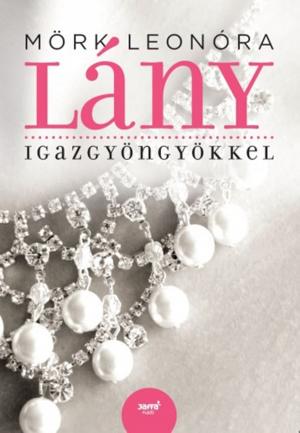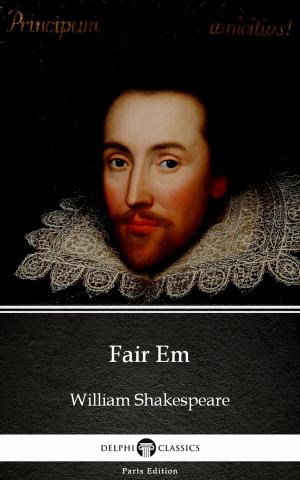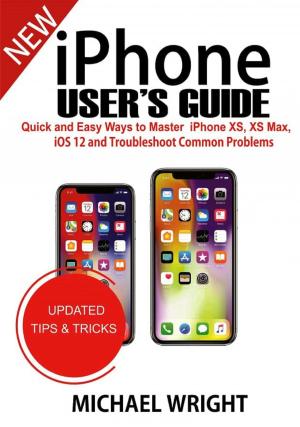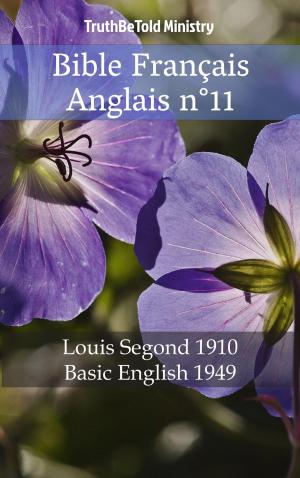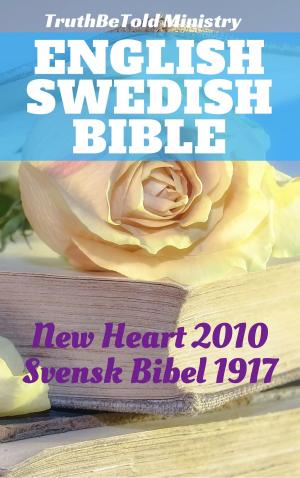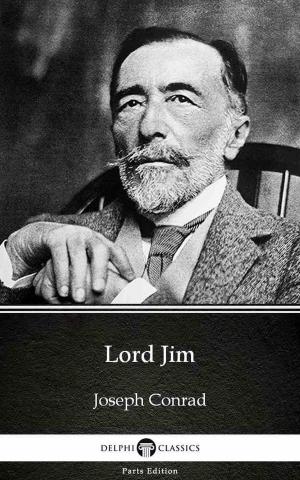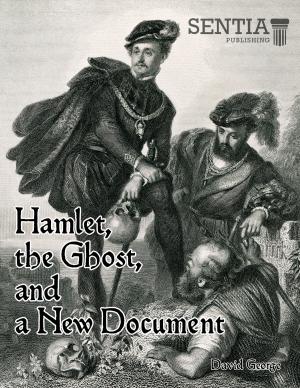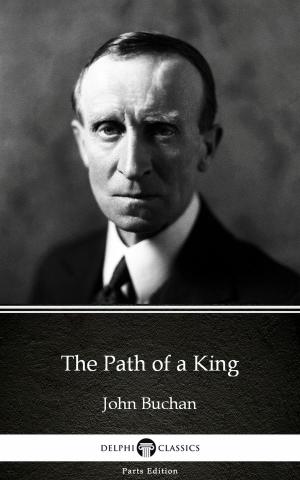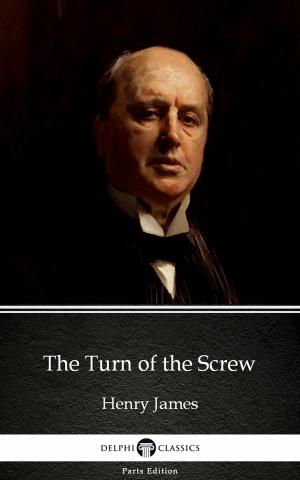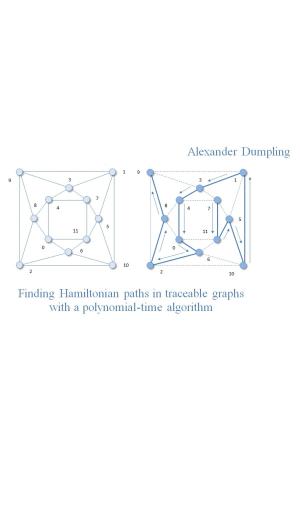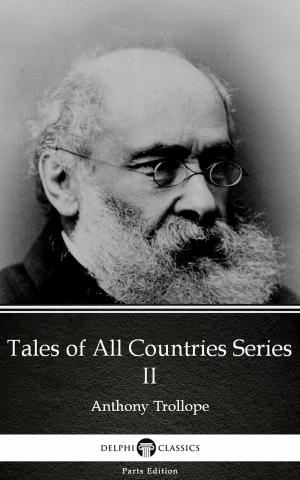Webster's Unabridged Dictionary 1913
111.716 definitions & 1.55 mill cross-references
Nonfiction, Religion & Spirituality, Bible & Bible Studies| Author: | Noah Webster | ISBN: | 6610000008223 |
| Publisher: | PublishDrive | Publication: | January 22, 2017 |
| Imprint: | TruthBeTold Ministry (PublishDrive) | Language: | English |
| Author: | Noah Webster |
| ISBN: | 6610000008223 |
| Publisher: | PublishDrive |
| Publication: | January 22, 2017 |
| Imprint: | TruthBeTold Ministry (PublishDrive) |
| Language: | English |
Noah Webster (1758–1843), the author of the readers and spelling books that dominated the American market at the time, spent decades of research in compiling his dictionaries.
His first dictionary, A Compendious Dictionary of the English Language, appeared in 1806. In it, he popularized features that would become a hallmark of American English spelling (center rather than centre, honor rather than honour, program rather than programme, etc.) and included technical terms from the arts and sciences rather than confining his dictionary to literary words. Webster was a proponent of English spelling reform for reasons both philological and nationalistic. In A Companion to the American Revolution (2008), John Algeo notes: "it is often assumed that characteristically American spellings were invented by Noah Webster. He was very influential in popularizing certain spellings in America, but he did not originate them. Rather he chose already existing options such as center, color and check on such grounds as simplicity, analogy or etymology". In William Shakespeare's first folios, for example, spellings such as center and color are the most common. He spent the next two decades working to expand his dictionary.
This is the compilation of the Webster's Unabridged Dictionary from 1913. It contains 111,716 words and has 1,557,155 cross-references. The reason for the high number of cross-references is that each word within a given definition is further linked to its own definition in this ebook, Websters Unabridged Dictionary 1913, if such a definition exists.
Noah Webster (1758–1843), the author of the readers and spelling books that dominated the American market at the time, spent decades of research in compiling his dictionaries.
His first dictionary, A Compendious Dictionary of the English Language, appeared in 1806. In it, he popularized features that would become a hallmark of American English spelling (center rather than centre, honor rather than honour, program rather than programme, etc.) and included technical terms from the arts and sciences rather than confining his dictionary to literary words. Webster was a proponent of English spelling reform for reasons both philological and nationalistic. In A Companion to the American Revolution (2008), John Algeo notes: "it is often assumed that characteristically American spellings were invented by Noah Webster. He was very influential in popularizing certain spellings in America, but he did not originate them. Rather he chose already existing options such as center, color and check on such grounds as simplicity, analogy or etymology". In William Shakespeare's first folios, for example, spellings such as center and color are the most common. He spent the next two decades working to expand his dictionary.
This is the compilation of the Webster's Unabridged Dictionary from 1913. It contains 111,716 words and has 1,557,155 cross-references. The reason for the high number of cross-references is that each word within a given definition is further linked to its own definition in this ebook, Websters Unabridged Dictionary 1913, if such a definition exists.


